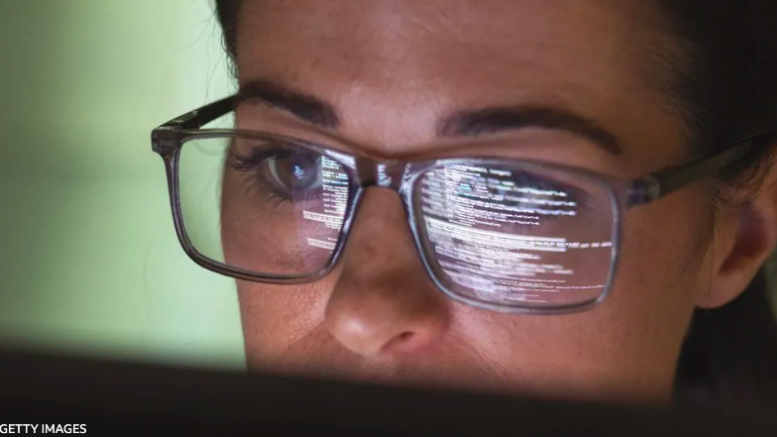Artificial intelligence (AI) is poised to impact almost 40% of all jobs, as indicated by a recent analysis from the International Monetary Fund (IMF). Kristalina Georgieva, the IMF’s managing director, warns that in most scenarios, AI may exacerbate overall inequality. She emphasizes the need for policymakers to address this concerning trend and prevent technology from intensifying social tensions. The IMF’s analysis suggests that AI is expected to affect a higher proportion of jobs, approximately 60%, in advanced economies. While some workers may benefit from AI integration, performing tasks that enhance productivity, others may face a reduction in job demand and potential wage impact.
The IMF projects that AI will influence only 26% of jobs in low-income countries, highlighting the lack of infrastructure and skilled workforces in these nations to harness AI benefits. This raises concerns that AI could exacerbate inequality among nations over time. The analysis also suggests that higher-income and younger workers might experience a disproportionate increase in wages with AI adoption, potentially leaving lower-income and older workers behind. To address these challenges, Georgieva stresses the importance of countries establishing comprehensive social safety nets and offering retraining programs for vulnerable workers, fostering a more inclusive AI transition.
The discussion around AI’s impact on employment and inequality is timely, with global business and political leaders convening at the World Economic Forum in Davos, Switzerland. AI has become a central topic, especially as applications like ChatGPT gain popularity. The technology is undergoing increased regulation worldwide, with the European Union recently reaching a provisional deal on the world’s first comprehensive laws to regulate AI use. While the EU’s AI Act proposals await a vote, the US, UK, and China have yet to publish their own AI guidelines.

